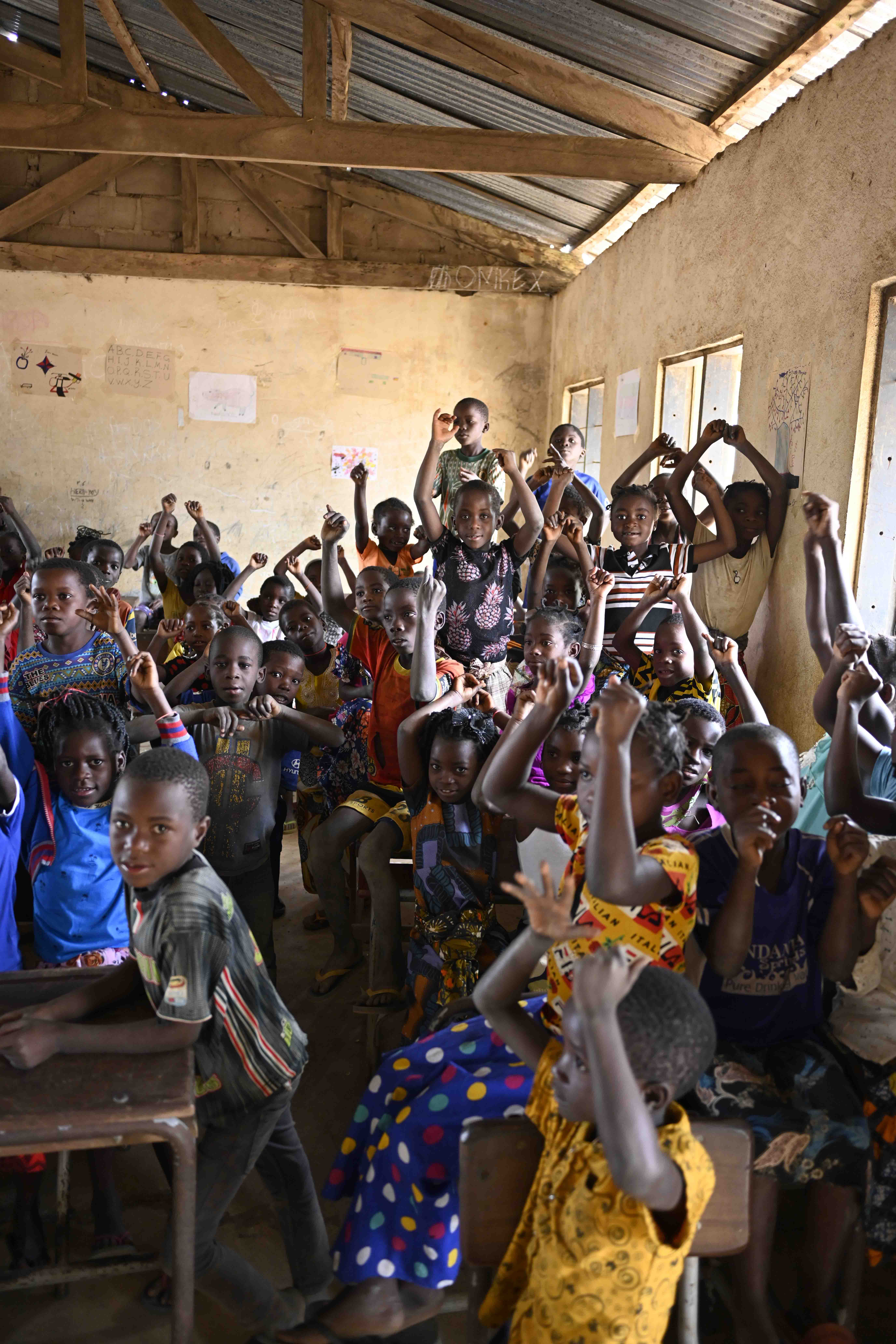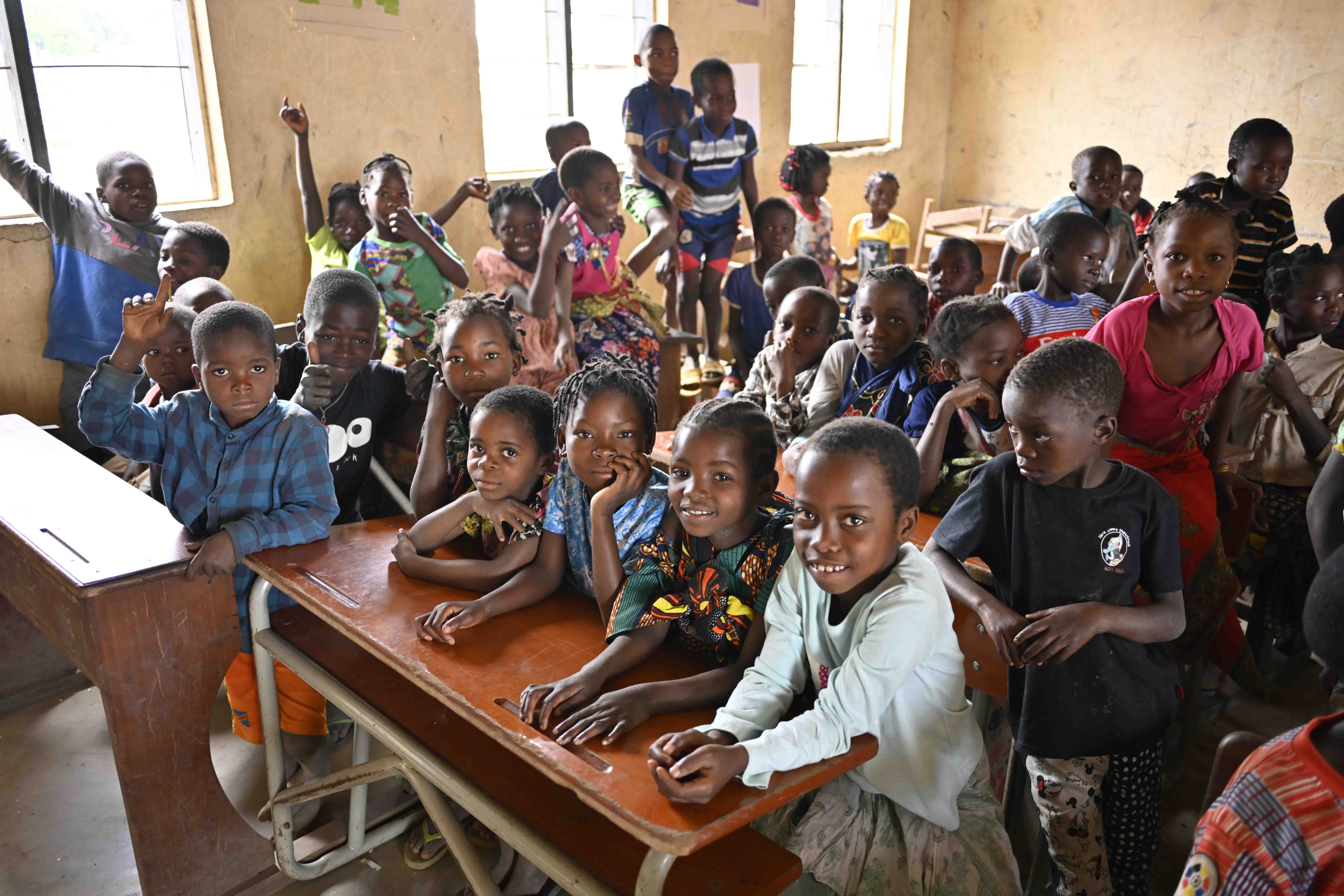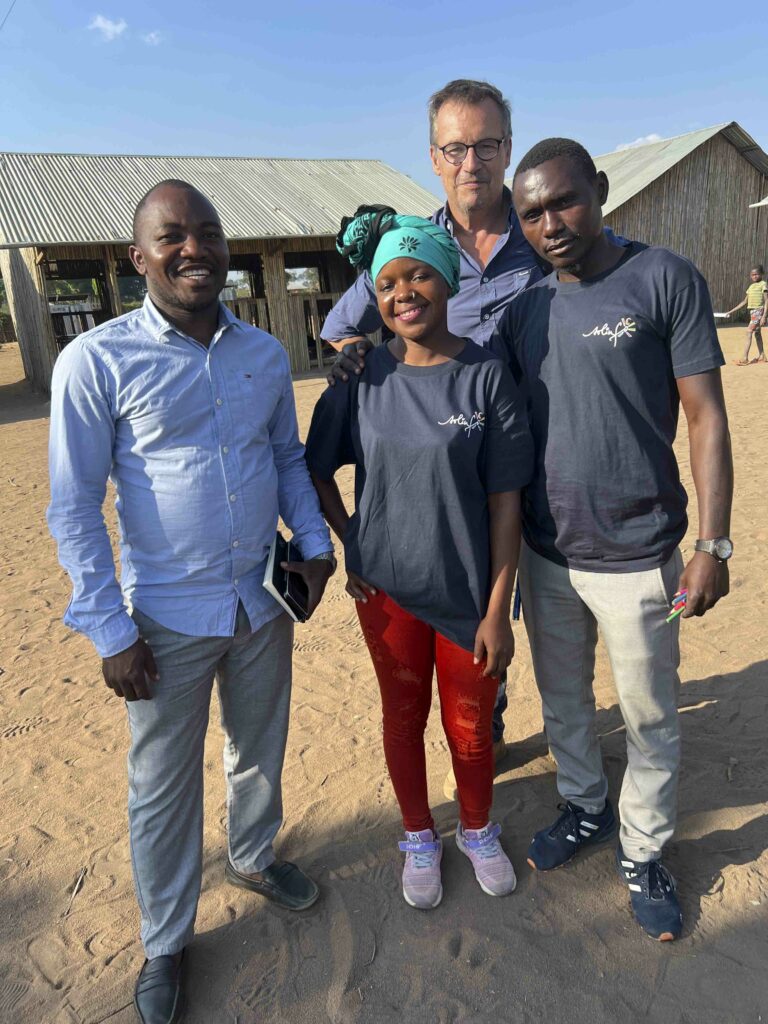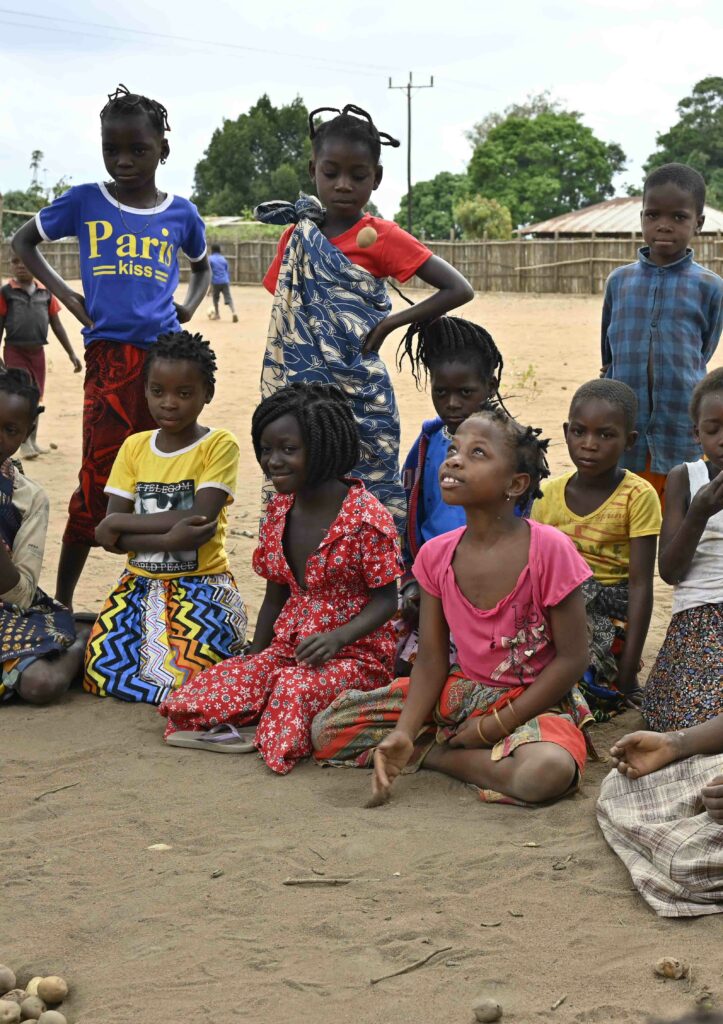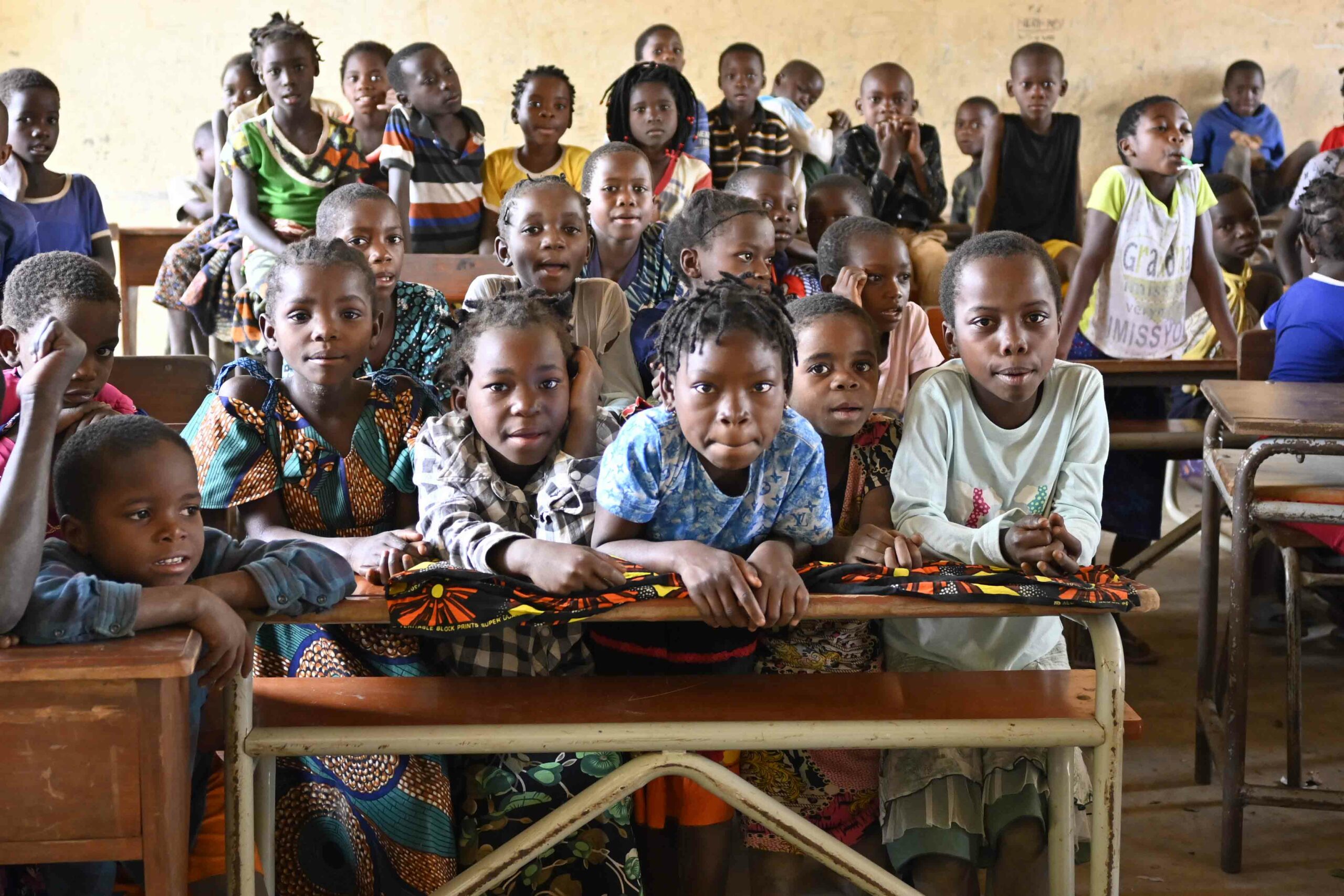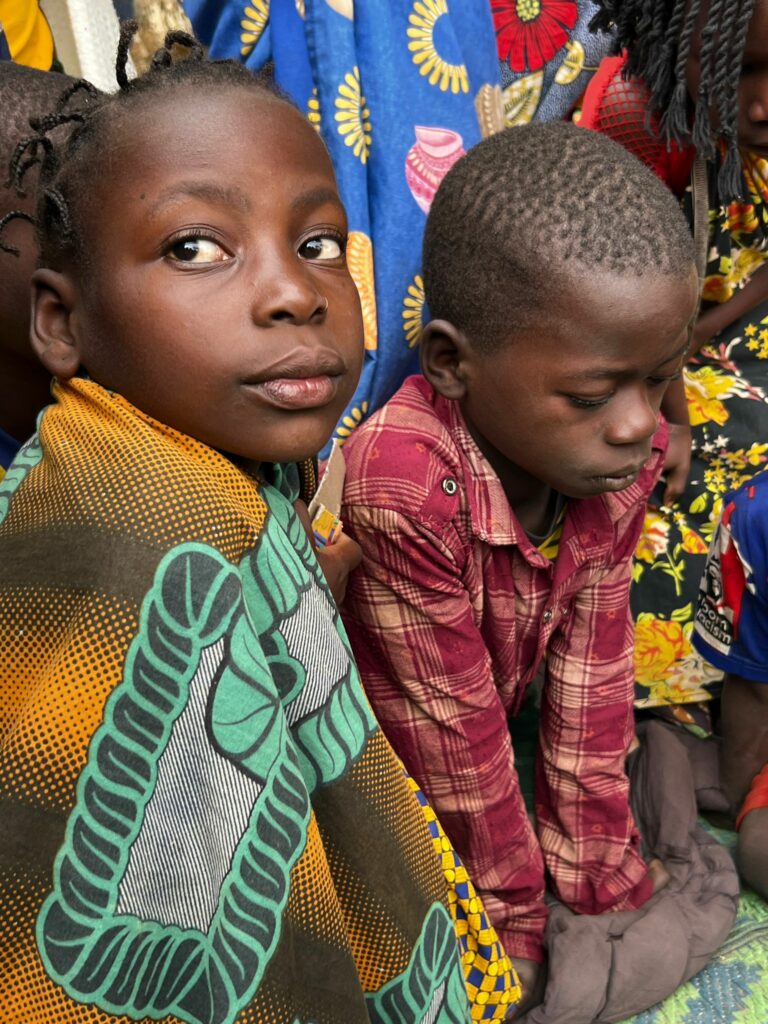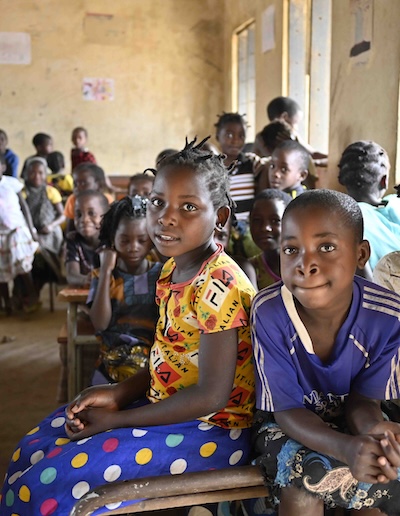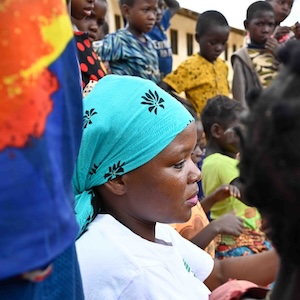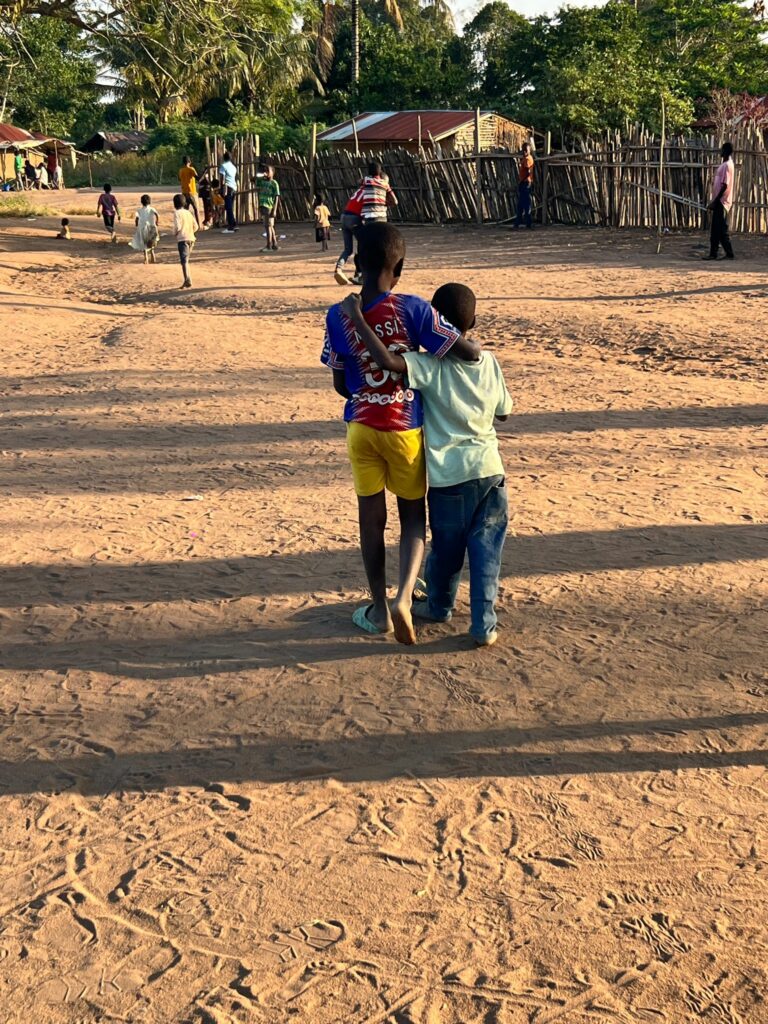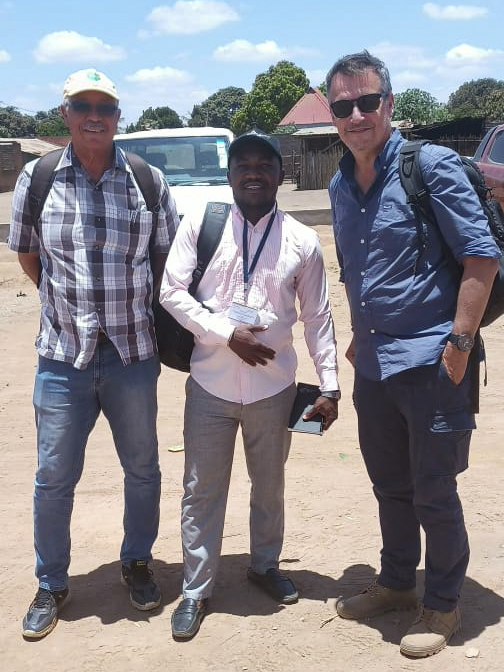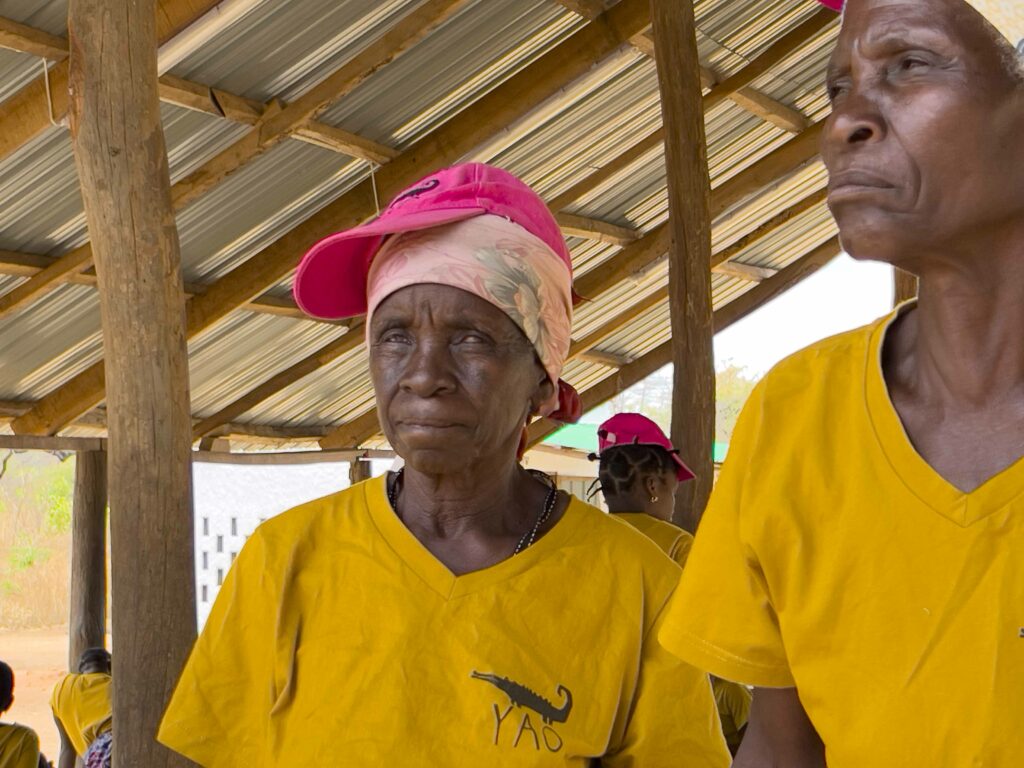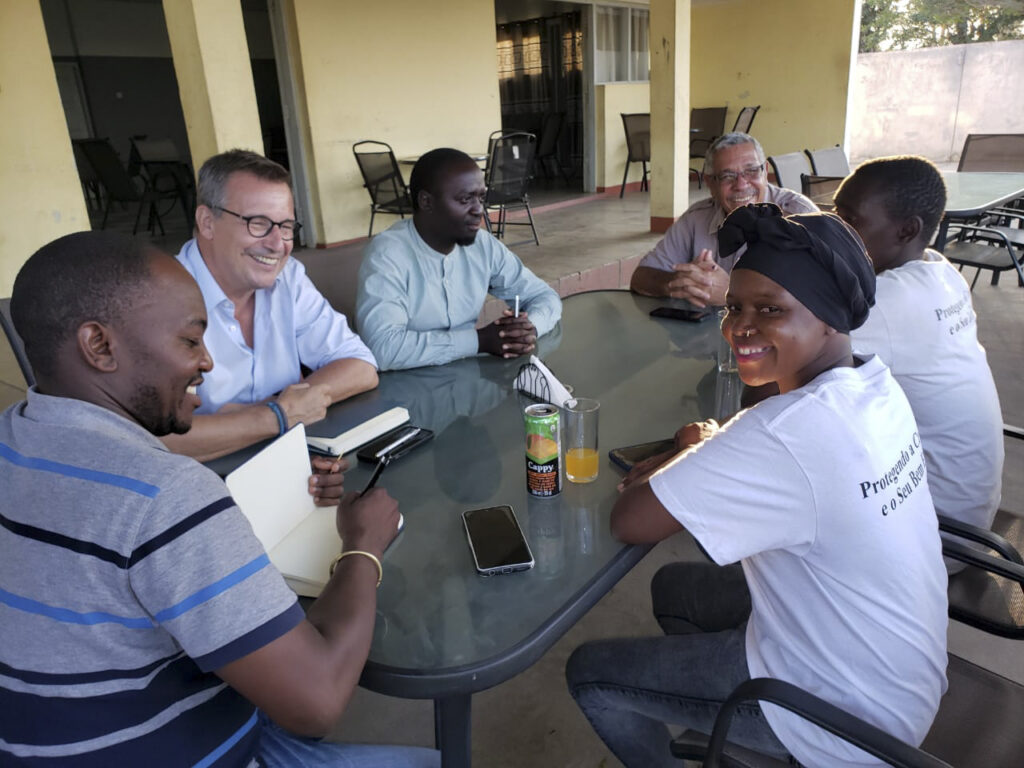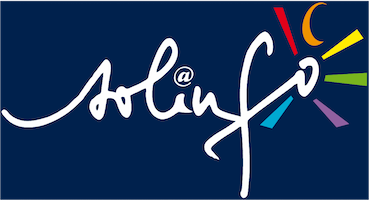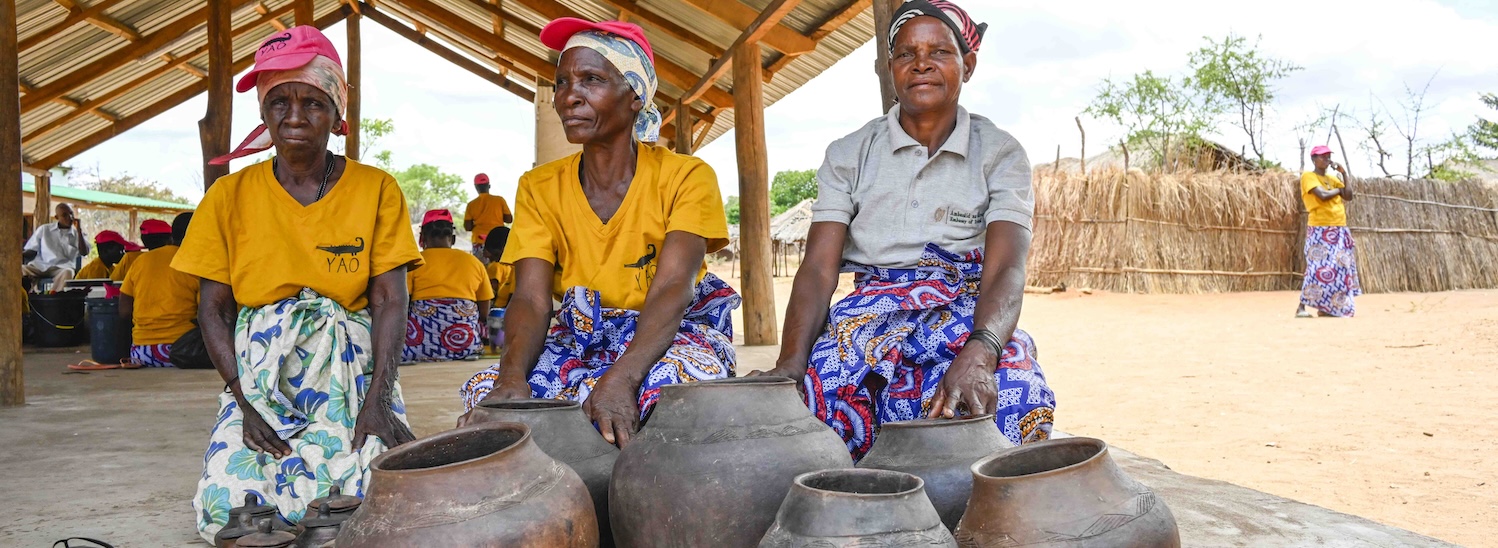Mozambique
Country context
Since 2017, Cabo Delgado province in northern Mozambique has been struck by an armed conflict that has devastated several northeastern districts, including Mocímboa da Praia, Palma, and Nangade.
The violence has caused thousands of deaths and forced more than 800,000 people to flee to safer areas such as Mueda, Montepuez, or Pemba, where the influx remains constant. According to UNICEF, over 350,000 children have been displaced, many still suffering from severe trauma linked to the war and family separation.
Beyond the human suffering, the region is now facing a critical humanitarian phase: international funding has sharply decreased, while needs remain overwhelming.
Many psychosocial, educational, and health-support programs have slowed down or are at risk due to lack of resources.
This decline in funding weakens both local and international NGOs, which must adjust their priorities, pool their efforts, and show renewed creativity to continue supporting displaced and vulnerable populations.

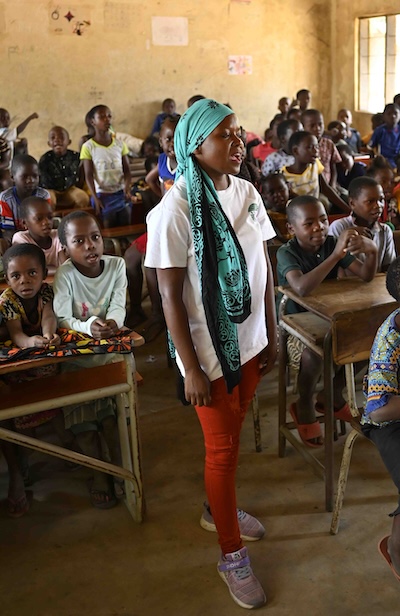
History of Solinfo in Mozambique
In response to the humanitarian deterioration in northern Mozambique, Solinfo carried out exploratory missions as early as June 2021 to assess population needs and identify a reliable local partner.
We chose Kulima, a Mozambican NGO founded in 1984. For 30 years, Kulima has been dedicated to the socio-economic development of the most vulnerable communities.
Kulima is present in most of the country’s provinces and is recognized for its expertise in education and agriculture.
In collaboration with Kulima, Solinfo launched two distinct programs:
• In Nampula, around Angoche, a training project on savings and microcredit for fishermen and farmers, concluded in July 2022 due to lack of funding.
• In Cabo Delgado, a psychosocial support program for displaced children in the Mueda resettlement center — a program still ongoing today.
Description of activities
In Mueda, in Cabo Delgado province, Solinfo runs a psychosocial support program for displaced and vulnerable children.
In June 2022, an art-therapy and PSS training session was delivered on site by Albane Buriel, a specialist mandated by Solinfo. This training provided skills to local teams and to 25 participants from public services and district communities.
The two local facilitators for the program, Elias and Rosa—both from Mueda and the nearby camp—have since been leading activities for the children enrolled at Eduardo Mondlane School.
The activities, based on artistic mediation and educational games, aim to promote well-being, socialization, and school reintegration for children aged 6 to 12. They take place six times a week, in small groups, every afternoon and on Saturday mornings.
Considered relevant and effective by beneficiaries, families, and local authorities, the program received increased financial support in 2023. It now welcomes 150 to 300 children per day depending on the season and the influx of displaced families into the Mueda district.
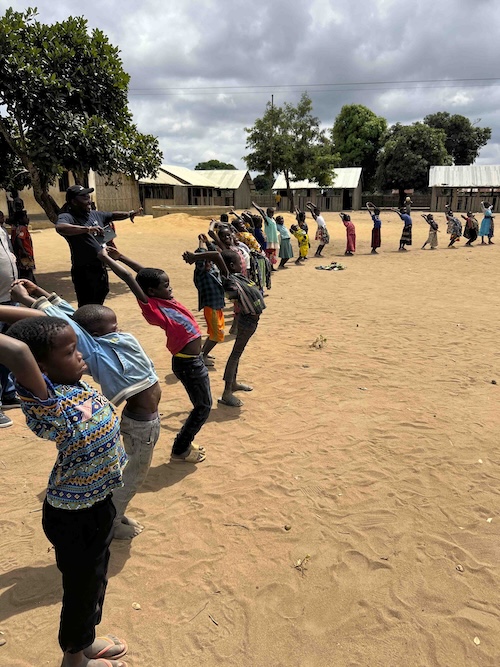
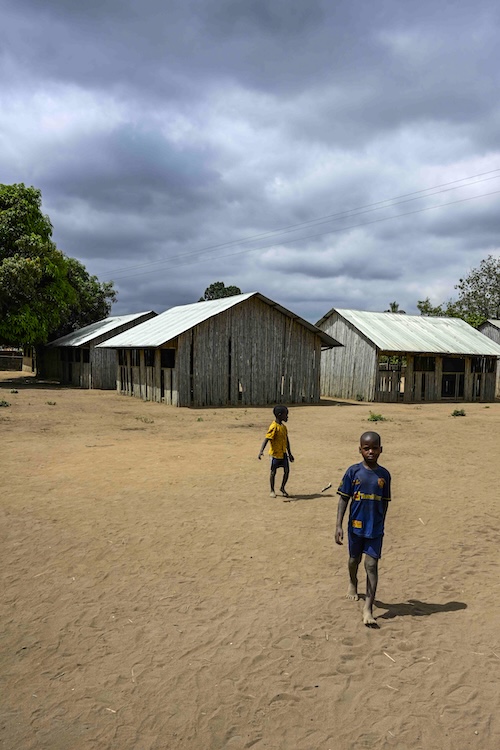
Program budget
For this program, we are seeking €23,000.
This budget would allow us to address new needs arising from the instability in Cabo Delgado.
Three main factors fuel this chronic instability:
- • persistent and increasing insecurity marked by ongoing attacks,
- • a decline in international funding, limiting humanitarian action,
- • the effects of climate change, which worsen droughts, floods, and crop losses.
This project is currently funded solely by Solinfo’s own resources, without external donors.
Solinfo covers all operational costs of the program: salaries and expenses for the facilitators, materials required for the workshops, consumables, annual monitoring visits, and more.
Our partner in Mozambique, Kulima, covers part of the management and supervision costs.
Oversight is carried out from Pemba, the capital of Cabo Delgado province, by the Regional Coordinator of the association.
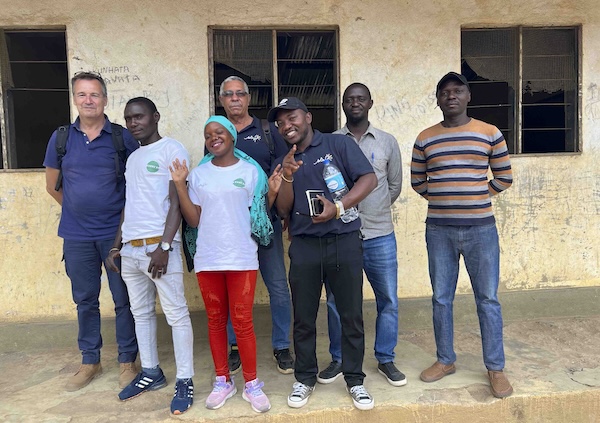
Our team
At the heart of the psychosocial support program in Mueda, the Kulima team plays a key role in the daily implementation of activities.
It brings together community facilitators, a focal point, and technical advisors based in Pemba.
These women and men work in direct contact with the children: they lead the workshops, provide psychosocial follow-up, and maintain constant communication with local authorities, schools, and families.
The focal point supervises the facilitators, coordinates relations with partners, and ensures smooth information flow between the field and the provincial leadership.
Their work—often carried out in a challenging context—relies on proximity, trust, and continuity.
Our partner in Mozambique
KULIMA, a Mozambican NGO founded in 1984 (initially in partnership with Bioforce), has been working for 40 years in rural development, humanitarian emergency response, support for women and children, and the fight against poverty.
Active in nearly all provinces, it has worked in more than 63 districts, expanding from emergency programs (civil war, floods) to long-term development initiatives, while also supporting the national associative movement.

Our team in Mozambique
Two facilitators and a coordinator work directly with the children in Mueda. The team is supervised by Kulima’s Regional Delegate based in Pemba.
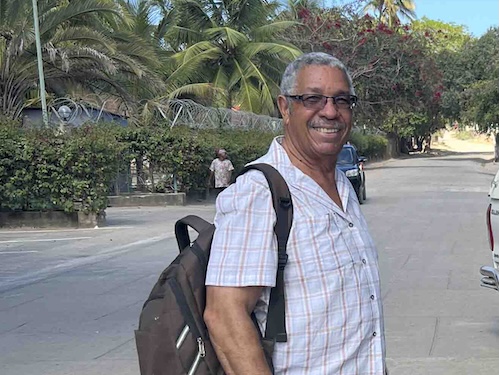
Jorge
Kulima Provincial Delegate
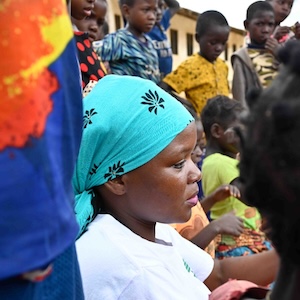
Rosa
PSS Facilitator
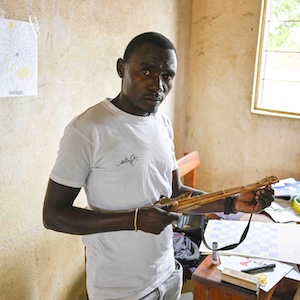
Elias
PSS Facilitator
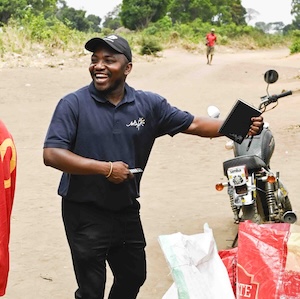
Vintane
Program Focal Point
Snapshots from the program in Mozambique
These few images show the children and facilitators from our workshops at Eduardo Mondlane School in Mueda, northern Mozambique.
